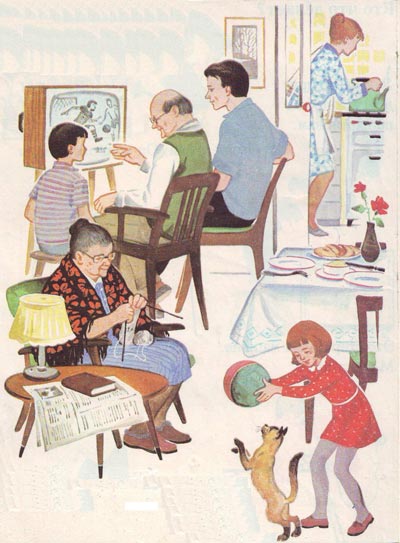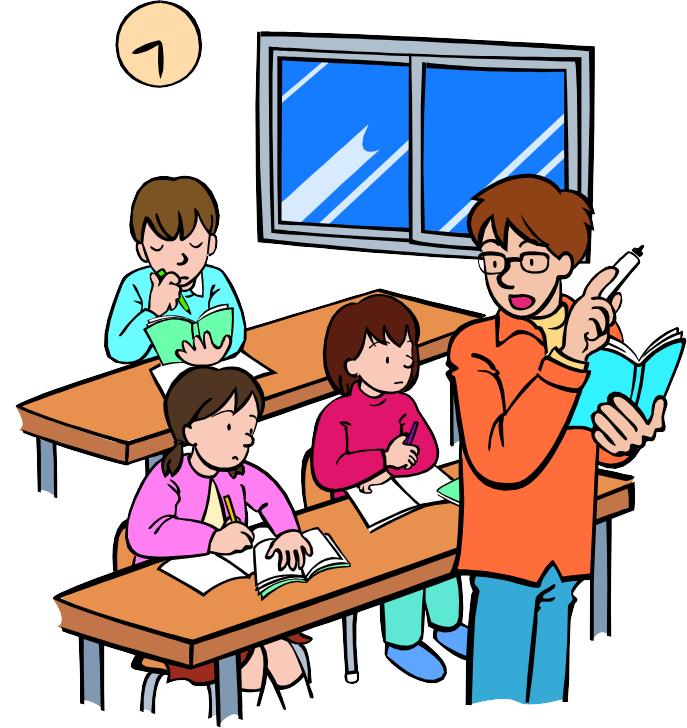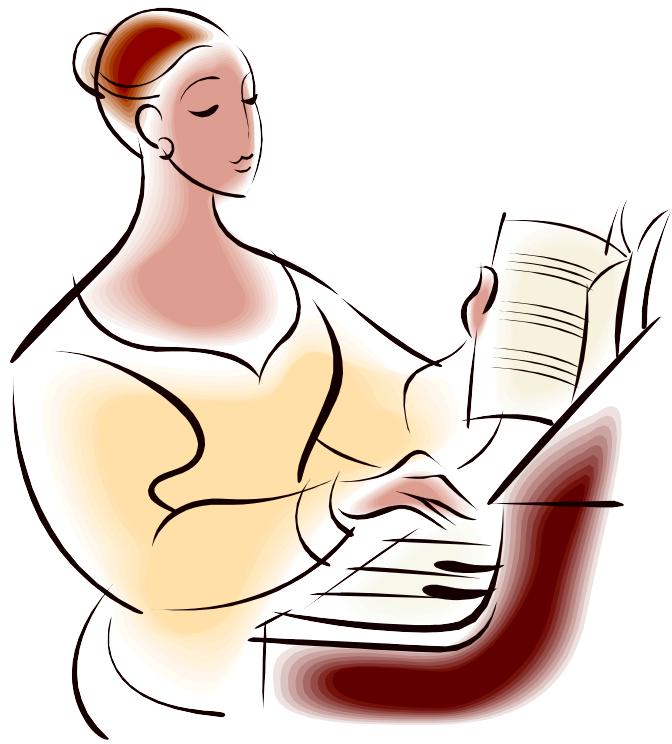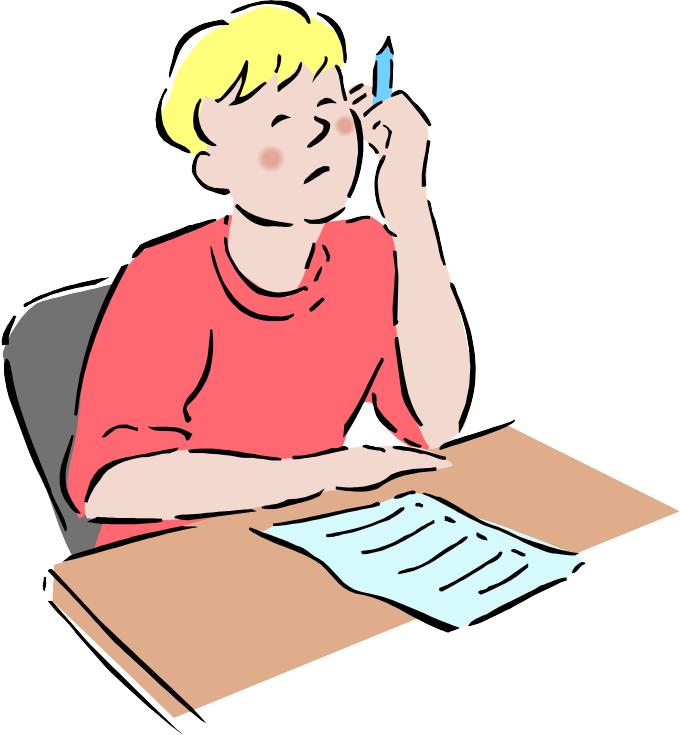
- •Interrogative and Negative Sentences
- •Vocabulary
- •Articles (Aртиклі)
- •Plural of Nouns (Множина Іменників)
- •Demonstrative Pronouns (Вказівні Займенники) This – These / That – Those
- •Verb (Дієслово) to be
- •Affirmative Sentences (Questions) (Питальні речення)
- •Vocabulary
- •Construction (Конструкція) There is/There are
- •Питальні речення (?)
- •Our classroom
- •Adverbs (Прислівники) too / also / either
- •Telephone Numbers (Телефонні Номери)
- •Vocabulary
- •Plural of Nouns (Множина Іменників)
- •My room
- •Time (час)
- •Vocabulary
- •Dialogue 1
- •Dialogue 2
- •Dialogue 3
- •Vocabulary
- •Prepositions of time (Прийменники Часу)
- •Vocabulary
- •Imperative Sentences (Наказові Речення)
- •3. При утворенні заперечної форми використовується допоміжне дієслово do та заперечна частка not. Don’t //.
- •Pronouns (Займенники)
- •Vocabulary
- •Plural of Nouns (Множина Іменників)
- •Modal Verb (Модальне Дієслово) can
- •Possessive Case of Nouns (Присвійний Відмінок Іменників)
- •Possessive Pronouns
- •Plural of Nouns (Множина Іменників)
- •Countries and Nationalities (Країни та Національності)
- •Vocabulary
- •Plural of Nouns (множина іменників)
- •Present Simple (Indefinite) Tense Теперішній Простий (Неозначений) Час
- •Vocabulary
- •Vocabulary
- •Reflexive Pronouns (Зворотні Займенники)
- •Modal Verb (Модальне Дієслово) may
- •Vocabulary
- •At a party
- •Vocabulary
- •Present Continuous (Progressive) Tense Теперішній Тривалий Час
- •4. Майбутня запланована дія
- •Present Simple vs Present Progressive
- •Stative Verbs (дієслова стану)
- •To Be Going to Do Something (Збиратися Щось Робити)
Present Continuous (Progressive) Tense Теперішній Тривалий Час
Утворення: підмет + to be в теп.часі + присудок з закінченням -ing.
Питальна форма утворюється за допомогою інверсії.
Стверджувальна форма (+) |
Питальна форма (?) |
Заперечна форма (-) |
I am working |
Am I working? |
I am not working |
He is working |
Is he working? |
He is not (isn’t) working |
She is working |
Is she working? |
She is not (isn’t) working |
It is working |
Is it working? |
It is not (isn’t) working |
We are working |
Are we working? |
We are not (aren’t) working |
You are working |
Are you working? |
You are not (aren’t) working |
They are working |
Are they working? |
They are not (aren’t) working |
Випадки вживання:
1. дія, яка відбувається в момент мовлення
We are listening to the teacher now.
Використовуються такі індикатори часу:
now – зараз |
at the (this) moment – в даний момент |
2. дія, яка відбувається в момент мовлення в більш широкому (глобальному) сенсі
He is reading a very interesting book these days.
Використовуються такі індикатори часу:
at present/at this period/these days/ nowadays/currently – зараз, нині this year (month) – в цьому році (місяці) |
today – сьогодні, у наш час still – все ще |
3. дія, яка регулярно повторюється в теперішньому часі (з відтінком роздратування)
He is always watching football!
every day – кожен день always – завжди never – ніколи |
constantly – постійно continually – безперервно |
4. Майбутня запланована дія
I am meeting with the manager tomorrow.
Примітка 1:
Правила правопису дієслів з закінченням -ing.
Німа –e зникає перед закінченням –ing:
take – taking, drive –driving but be – being
Дієслова, що мають закінчення –ee одразу додають –ing:
see – seeing, agree – agreeing
Дієслова, що закінчуються на –y = y + ing:
hurry – hurrying, carry – carrying
Дієслова, що закінчуються на –ie = iey + ing:
die – dying, lie – lying
Остання приголосна подвоюється після короткої голосної в наголошеному складі перед –ing:
stop – stopping, plan – planning, pre'fer – pre'ferring, be'gin – be'ginning
Дієслова, що закінчуються на –l мають – ll перед –ing в британському варіанті англійської мови:
travel – travelling, cancel –cancelling
99 |
|
___________ ___________ ___________ ___________ ___________ ___________ ___________ ___________ ___________ ___________ |
11. to show – 12. to study – 13. to visit – 14. to buy – 15. to say – 16. to bring – 17. to help – 18. to close – 19. to give – 20. to swim – |
___________ ___________ ___________ ___________ ___________ ___________ ___________ ___________ ___________ ___________ |
100 |
|
1. Sorry, I can’t talk to you. I ______ (watch) an interesting film. 2. Peter ______ (think) to write a book next year. 3. We ______ (not write), we ______ (do) nothing. 4. I am from Lviv, but now I am in Kyiv. I ______ (study) at the university. 5. Do you know that |
woman who ______ (stand) near the door? 6. Linda ______ (drive) her car now. 7. The lesson is over, we ______ (go) home. 8. It’s a nice day. Our children ______ (play) in the park, we ______ (walk), the dog ______ (run) and ______ (jump). Everybody ______ (be) happy. 9. We ______ (not smoke), we ______ (drink) milk here. 10. Ann ______ (not listen) to you, she ______ (be) busy with her English.
101 |

102 |
|
1. Helen is cooking something. 2. They are talking about that boy. 3. The children are sleeping in their room. 4. Peter, Jack and John are eating meat. 5. I am swimming in the pool. 6. My friend and I are speaking on the phone. 7. The dog is playing with the cat. 8. We are watching TV. The film is nice. 9. Susan is smiling to me. 10. The students are translating the text about spiders. |
103 |
|
1. Peter be teaching English at Trinity College now. 2. The students are siting at their desks. 3. I isn’t drinking milk, I is eating fish. 4. We are not at home. We are plaing football. 5. Mary ist opening the window. 6. He is writting a letter to his friend from Paris. 7. The boy is run to his father. 8. Helen is no driving her car. |
104 |
|
1. Моя сестра грає на піаніно в своїй кімнаті. Ніхто її не слухає. 2. Ми слухаємо вчителя та записуємо цікаві факти про шоколад. 3. В цей момент Анна розмовляє з Беном, вони посміхаються. 4. Студенти зараз сидять за партами та читають текст про квіти. |
5. Сьогодні на уроці ми вчимо різні важкі фрази.
6. Стефан перекладає з англійської на українську для свого друга цими днями.
7. Вони відповідають на мої питання.
8. Зараз він не співає, він п’є чай з молоком та цукром.
9. Я не за кермом свого автомобіля, тому що сьогодні субота і я вдома. Я читаю газети і їм яблуко.
10. Девід, тобі телефонує Мері. Вона запитує про твій іспит.
11. Любий, я дивлюсь телевізор, принеси мені кави.
12. Я іду додому. Ми ідемо додому разом.
13. Зачекайте, вони зараз розмовляють. Вони не грають футбол.
14. Не розумію, про що вони говорять.
15. Ми чекаємо своїх друзів. Вони вже їдуть.
105 |
|
Model: Helen is writing a letter to his friend.
|
|
Is Helen writing a letter to her friend? |
|
Is Helen or Peter writing a letter to her friend? Is Helen writing or showing a letter to her friend? Is Helen writing a letter or a text to her friend? Is Helen writing a letter to or with her friend? Is Helen writing a letter to her or his friend? Is Helen writing a letter to her friend or to her brother? |
|
Helen is writing a letter to her friend, isn’t she? |
|
Who is writing a letter to her friend? What is Helen doing? What is Helen writing to her friend? Who is Helen writing a letter to? Whose friend is Helen writing a letter to? |
1. We are speaking English at the moment.
2. Peter is reading an interesting text.
3. Diana and Lina are translating the texts.
4. I’m eating fish.
5. The students are looking at the teacher.
106 |
|
1. Linda is speaking on the phone. 2. She is buying the apples. 3. Paul is helping her sister do her home task. 4. I am smiling because I like you. 5. Tina is preparing her article. 6. Andrew is driving his car. 7. He is writing English words. 8. The dog is running after the cat. 9. We are studying English. 10. My friend is speaking German now. |
107 |
|
1. What ______ (you think) of? 2. Where ______ (you go) to? 3. ______ (you read) or ______ (sleep)? 4. Why ______ (you translate) this text? Our home task is different. 5. Who ______ (talk)? Please, stop it. 6. Why ______ (we stay) here? Let’s go home. 7. ______ (you drink) coffee or tea? |
8. Who ______ (swim) there? 9. Why ______ (you do) it? 10. Who ______ (you talk) to?
108 |
|
1. Що вона читає? Яку книгу вона читає? Навіщо вона читає цю книгу? 2. Що роблять діти? Діти граються? Вони не дивляться телевізор? |
3. Про що ти думаєш? Чому ти про це думаєш? Невже ти ні про що не думаєш?
4. Куди ти ідеш? Ти ідеш додому? Чому ти туди ідеш?
5. Як ти себе почуваєш? Ти гарно себе почуваєш?
6. Чому ти не їси шоколад? Що ти їси? Ти їси рибу чи м'ясо?
7. Кого ви чекаєте? Ви чекаєте сестру чи брата? Ви не чекаєте друга?
8. Що ви робите? Чому ви бігаєте? Чому ви не допомагаєте сестрі?
9. Вчитель сидить за столом? Він розмовляє іспанською чи російською?
10. Про що вона запитує? Чому вона про це запитує?







